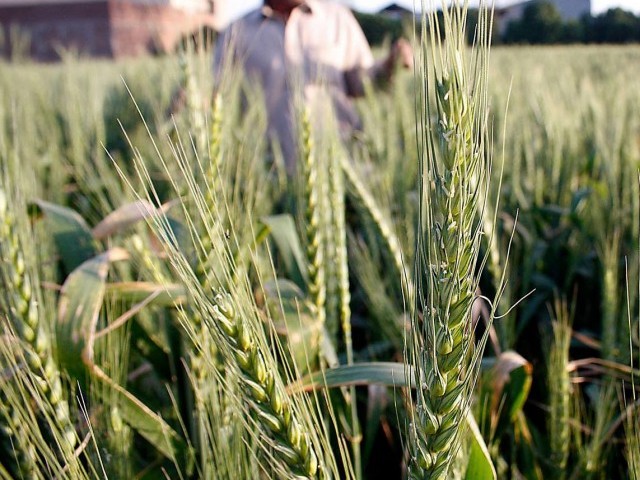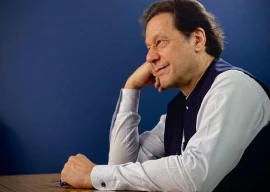
Ambassador Ivanissevich previously served in Pakistan as the deputy head of mission.
He said he “liked the country. I travelled quite a lot at that time with my sons and my wife... up north, Lahore, Karachi, Multan, the Khyber Pass and Peshawar, Taxila, many different places...I really like the country.”
Book launch: Saravia highlights Pak-Argentina ties through pictures
Prior to his current charge, he was in Buenos Aires dealing with G-20 development issues as well as the UN 2030 Sustainable Development Agenda and Climate Change issues.
He said there would not be dramatic changes in the already strong relationship with Pakistan, beyond efforts to further deepen ties.
He said trade bilateral trade volume had risen from around $60 million during his last stint in the country to over $450 million at present.
He said trade promotion was still possible in pharmaceuticals, calling it “an interesting area” where some joint ventures already existed, while also noting potential in the steel sector.
“There was potential in the past in CNG, but this has slowed down due to problems with access to gas in Pakistan.”
Pakistan is strong in textiles, he said, while noting food, fodder and agri-food technology as possible areas of cooperation. He specifically referred to milk production, which is quite developed in Argentina, but has had to restructure due to low international prices.
Fair chance to outwit competitors in Iran’s market
The presidency of Argentina changed hands in December, with Mauricio Macri being elected after 12 years under presidents Nestor Kirchner and later his wife Christina Kirchner.
The ambassador outlined some of the new president’s goals, such as resolving the outstanding debt issues, gaining access to international financial markets, and attracting greater investment.
“There was very little interest in investing in Argentina in the last eight years or so,” he said, explaining that it was due to past policy problems.
The new government is also encouraging food exports.
Ivanissevich said the government had to bring some order to the economy, which among other things had taken a hit due to the unavailability of reliable statistical data during the later Kirchner era.
He said there was interest in regaining self sufficiency regarding hydrocarbons and improving the availability of energy, explaining that power supply issues occurred in Argentina as well. This, he said, was partly due to subsidised power prices across the board, which the current government aims to address by withdrawing energy subsidies for higher income groups.
He also noted that devaluation of the Argentine Peso after the removal of currency controls reduced a “hidden subsidy for tourism abroad” which was enjoyed by wealthier classes.
“To summarise, it is now a more transparent economy”.
Italy interested in Pakistani market
When asked about President Macri’s name popping up in the Panama Leaks, the envoy explained that the issue concerned a company own by his father, which was closed down in 2009. The president quickly presented his financial records to prove he had not committed any wrongdoing, which a judge accepted, and the issue was closed.
He also noted that Argentina had a very strong position regarding tax havens and “has been very active within the OECD in trying to make sure there was greater transparency in international financial transactions.
At the same time, he said offshore accounts could be used for completely legal purposes.
On the Polyclinic expansion project in Argentina Park, he said “We want the park to survive, but we understand that this...is important,” adding that they supported the project in line with the conditions of expansion as conveyed by the CADD minister.
On the culture front, he listed Argentina music and dance among the things he would like to bring to Pakistan.
Published in The Express Tribune, May 25th, 2016.


1732266251-0/Josh-Brolin-(1)1732266251-0-165x106.webp)
1732266343-0/BeFunky-collage-(82)1732266343-0-165x106.webp)

1732268955-0/BeFunk_§_]__-(33)1732268955-0.jpg)

1732263788-0/BeFunk_§_]__-(30)1732263788-0.jpg)
1732267954-0/Express-Tribune-(6)1732267954-0-270x192.webp)








COMMENTS
Comments are moderated and generally will be posted if they are on-topic and not abusive.
For more information, please see our Comments FAQ